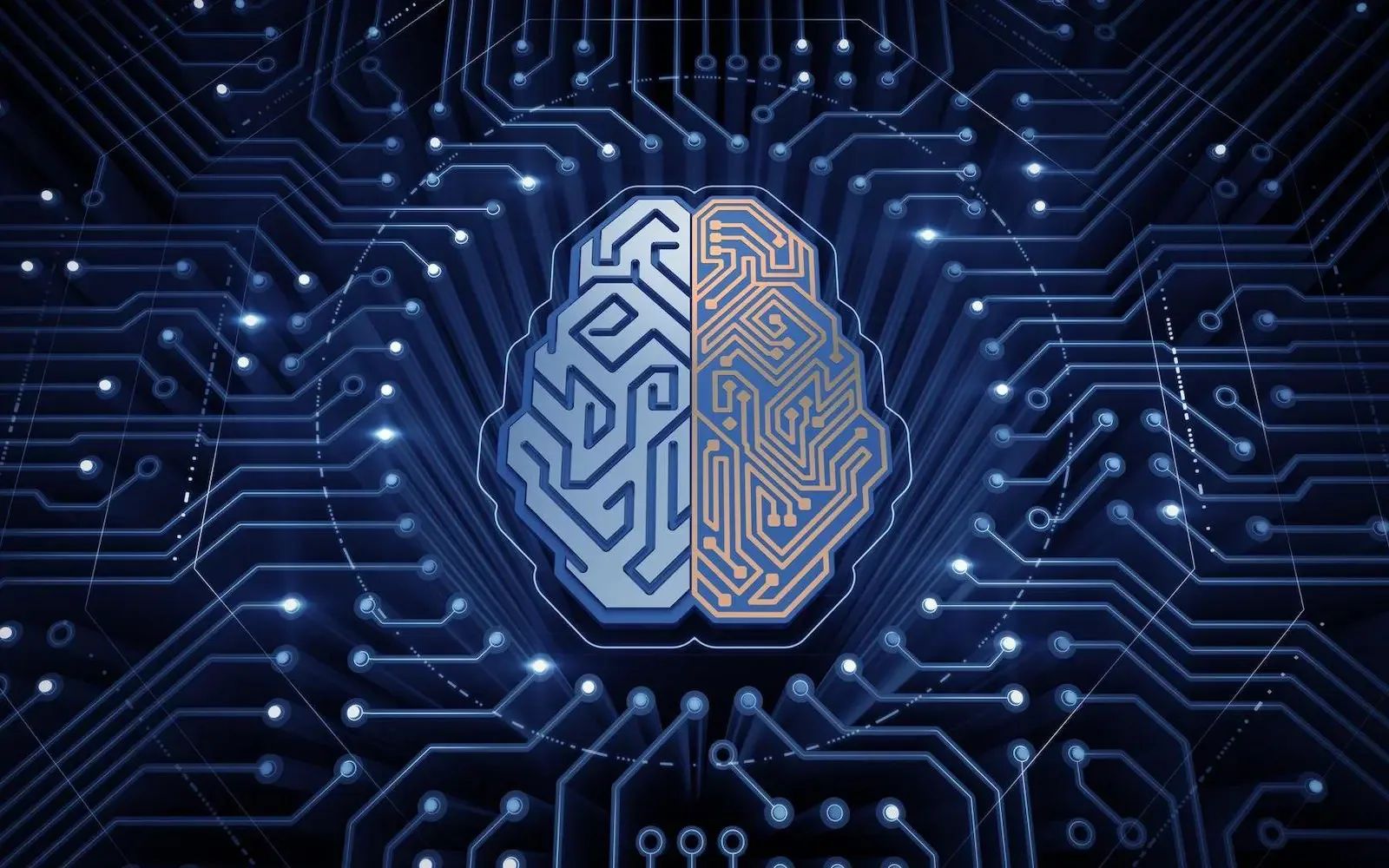Welcome to Our New Post-Truth Society, Courtesy of AI

The impact of AI cannot be overstated; nor can the myriad ways it has been inserted into our lives. Just this morning, in fact, I got a message about Google Chrome’s latest update that included a prompt to start using its new AI writing tool. Which I promptly ignored.
That’s just a simple example of how Google, like so many other “Big Tech” companies, are racing to implement and promote AI, not because it necessarily brings any real benefits to their users, but because they risk being left in the dust — and missing out on a lot of money — if they don’t. In that sense, AI has become the new “hot thing” that everyone needs to embrace to remain relevant, much like everyone embraced translucent plastic and/or Bondi Blue after the original iMac came out.
But it’s much more than that. For many years, I heard thinkers and pundits contend that we were becoming a post-truth society. Embracing relativism and post-modernism meant there were no more absolutes, no more commonly held definitions of what’s actually true, leading to chaos and confusion. To be honest, such concerns often felt rather philosophical and theoretical in nature, turning “relativism” into another evangelical/conservative bugbear. (Sadly, many of those who once decried relativism were quick to embrace “alternative facts” after a certain rapist and reality TV star became president, but that’s a topic for whole ‘nother blog post.)
With AI, however, we can see very real and practical examples of what it means to live in a post-truth society that AI — not philosophical relativism — has brought about.
One of my favorite social media accounts is The Spaceshipper. Thanks to well-researched pieces and in-depth threads on sci-fi art, film, TV, and video games — like this breakdown of the ships in Apple’s Foundation series — The Spaceshipper is a must-read for any fan of the genre. But in this recent X/Twitter thread, The Spaceshipper discusses the challenges that AI presents for both their research and for preserving cultural records.
“For decades, the Internet was an incredible research tool. Of course, information had to be checked and cross-checked, but it was like a global library,” they write. But in a relatively short amount of time, AI has led to “a flood of fake concept art and illustrations” and “articles in the form of bad syntheses of poorly digested information.” As a result, they now rely primarily on resources published before 2023, with anything newer treated separately (and with some suspicion, no doubt).
The Spaceshipper’s conclusions? “People born 20 years from now will arrive in a world where the truth will be way harder to find.” AI has created “a technological and cultural shock” that drives home the need for trusted curators who can (A) preserve what is actually true and (B) ensure that it’s around for years to come. (As one of the thread’s commenters points out, though, AI will also make it harder to identify trusted curators.)
AI proponents will likely dismiss the concerns of a nerdy social media account, but what The Spaceshipper describes is precisely what a post-truth society looks like. That is, a society where it’s increasingly difficult to differentiate between the material created by actual (human) artists, filmmakers, and creators, and the stuff resulting from AI prompts.
To be clear, this is not because the latter is of the same quality as the former but, rather, because it has simply saturated the market because it requires so few resources (like time and talent) to produce. And as The Spaceshipper points out, this isn’t limited to sci-fi nerdery. Rather, “we’re going to need serious curators on absolutely every subject, people we can trust. People who know what they’re archiving.”
Unfortunately, in their rush to embrace and promote AI — and get rich doing so — tech companies and AI proponents will likely turn a blind eye to any such concerns simply because the ramifications may not fully manifest for another generation or two. By then, of course, they’ll have their fortunes and it’ll be too late for everyone else. It’s not hard to imagine a future sci-fi dystopia in which AI-generated post-truth is all our grandkids have ever known.